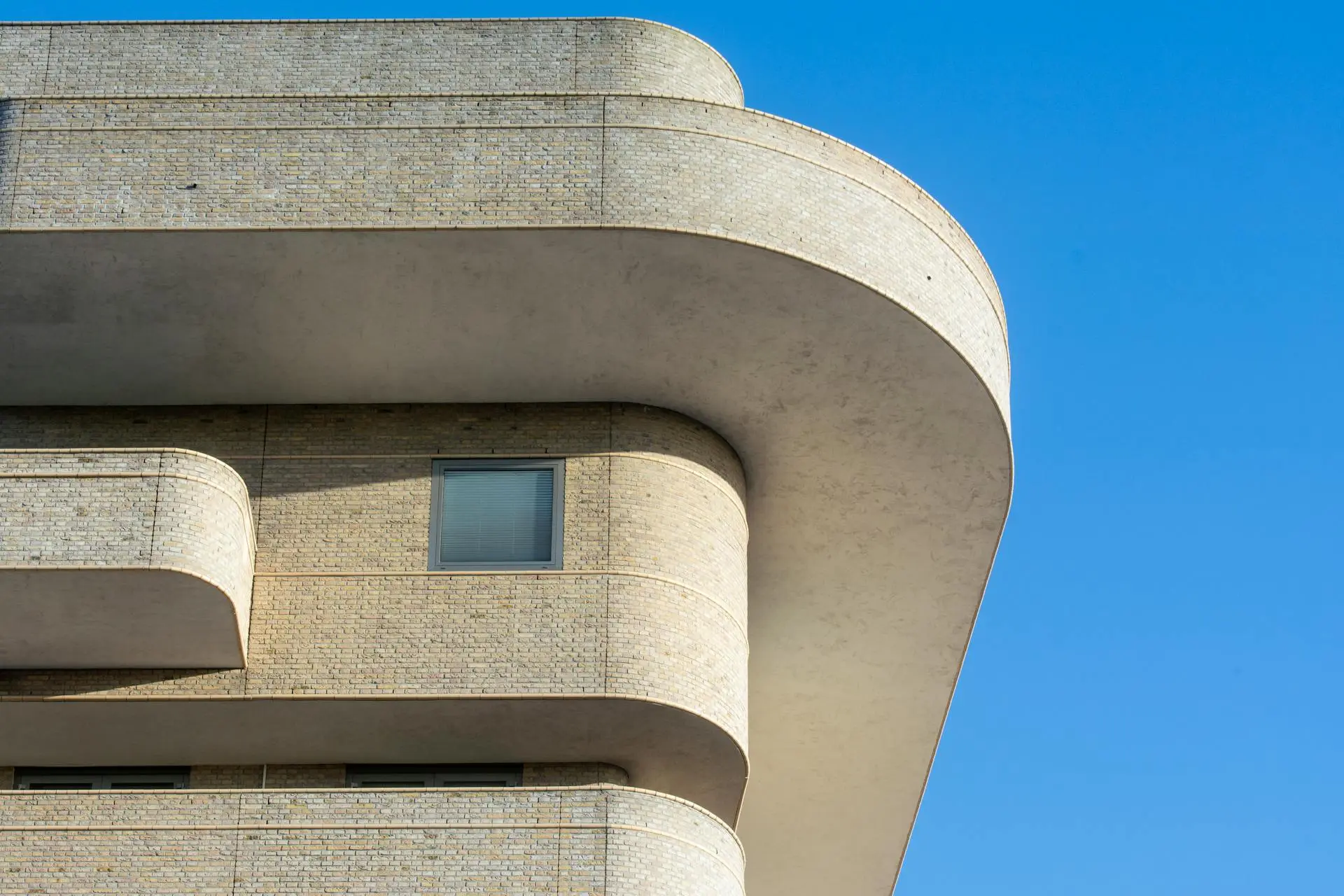Popular Categories
Popular Product
-
brandb product 1
brandb product 1 short desc.brandb product 1 short desc.brandb product 1 short desc. 原价为:$111.00。$101.00当前价格为:$101.00。 -
branda product 3
branda product 3 short desc. branda product 3 short desc. 原价为:$70.00。$60.00当前价格为:$60.00。 -
branda product 2
product 2 short desc. product 2 short desc. 原价为:$99.00。$88.00当前价格为:$88.00。 -
branda product 1
branda product 1 short desc. branda product 1 short desc. branda product 1 short desc. 原价为:$90.00。$75.00当前价格为:$75.00。
Hurry Up!
Year Ending Sale Up To 70% Off!
Explore our exclusive sale on cutting-edge electronics devices.
Shop Now

Blog & News
Get Update Blog & News
At worst the discussion is at least working towards the final goal of your site where questions about lorem ipsum don’t.










